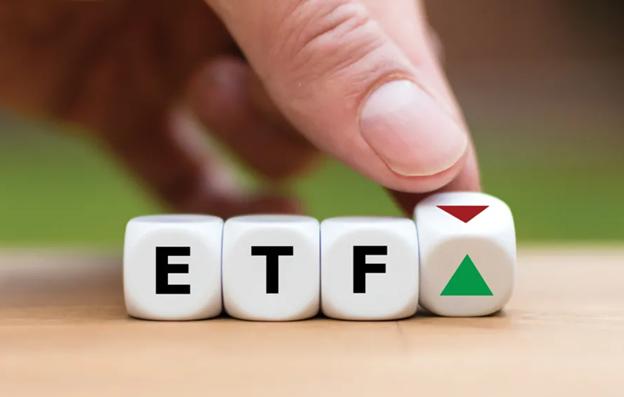Thematic ETF provider Rize ETF has hit out at asset managers blaming the lack of clarity from the European Commission on its Sustainable Finance Disclosure Regulation (SFDR) as a reason for the mass of fund label downgrades seen at the end of last year, saying they should “evolve with the times”.
Level 2 of the SFDR was introduced on 1 January this year, requiring fund providers to supply detailed sustainability-related disclosure obligations, and complete mandatory reporting templates.
Since SFDR first came into effect in March 2021, there has been some confusion over fund labelling, and delays in the release of requirements from the European Commission.
As a result, a number of funds downgraded shortly before the Level 2 requirements were introduced. Bloomberg Intelligence found 70% of all Article 9 ETFs have been downgraded to an Article 8, with $57bn of assets across more than 70 ETFs downgraded in the fourth quarter of 2022 alone.
Timing
Stuart Forbes, co-founder of Rize ETF, said although the back-to-front nature of the implementation of SFDR had caused confusion, the European Commission had been clear that signing up to the high-level commitments of Level 1 would mean following through on more detailed pre-contractual documents and prescribed formats once published.
“SFDR clarifications were self-assigned at the time and that’s because we knew there was a lack of clarification on certain points,” Forbes said in a webinar last week.
“But people still pressed ahead anyway – if you’re going to do that, you’ve got to have that assurance that you’re able to at least evolve with the times a little bit to take into account whatever clarifications might come.”
He added: “It’s a little disingenuous to sign up to something with no plan.”
Forbes also flagged the timing of the downgrades as problematic. “Why did they all happen right at the very last second before the deadline? It did maximise asset gathering and downgrades happened really right at the 11th hour.”
Definitions confusion
One firm that downgraded funds at the 11th hour was DWS, which in December 2022 joined groups such as BlackRock, UBS Asset Management, Amundi and BNP Paribas Asset Management in downgrading some of its passive Article 9 funds to Article 8.
In a statement to the market DWS said it would downgrade a number of its ETFs to Article 8 until the European Commission could provide clarity on whether passive investments with a Paris-aligned benchmark automatically qualify as Article 9, and what is meant by “only make sustainable investments”.
“One of the other areas that people are concerned about, and we have a little bit more sympathy for, is this inability to comply with the first dimension, which is the specifically the contribution to a sustainable objective,” Forbes acknowledged.
“Where’s the threshold for assessing whether a company is contributing or not?”
Unable to comply
Forbes said some ETFs, particularly those tracking third-party indices “that incorporate SFDR-centric, purpose-built selection criteria”, may have had no ability to comply with Level 1 principles to begin with, for example by not being able to divest from holdings when problems that violate the mandatory Article 9 principles of having a positive social or environmental objective, doing no harm and following good governance practices.
“This was one of the main reasons why so many funds were downgraded because they realised that it was going to be very difficult to comply and when it comes to filling out those periodic disclosures, how are you going to justify that you did not remove some of these companies from your portfolio [when] some of these scandals break?”








